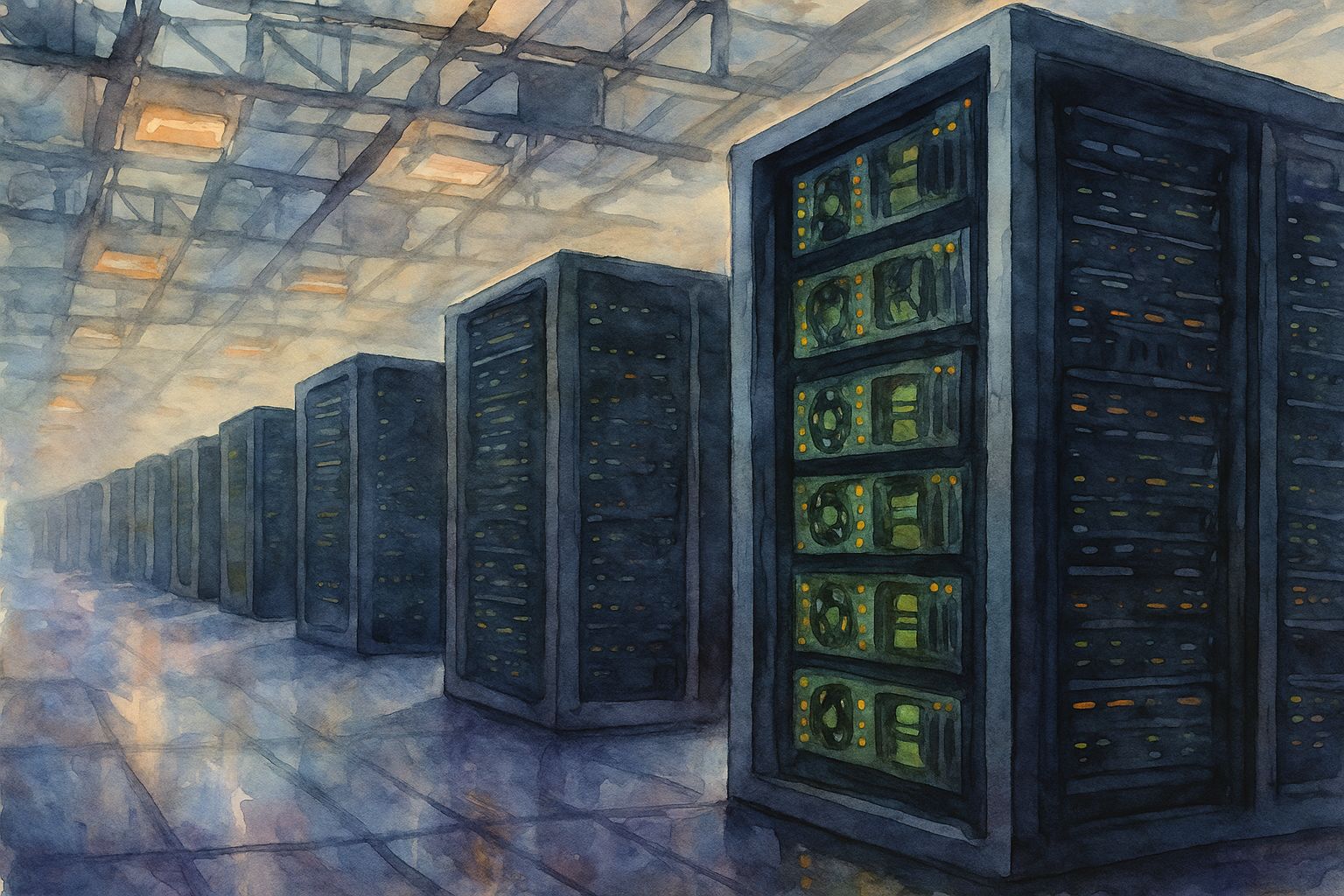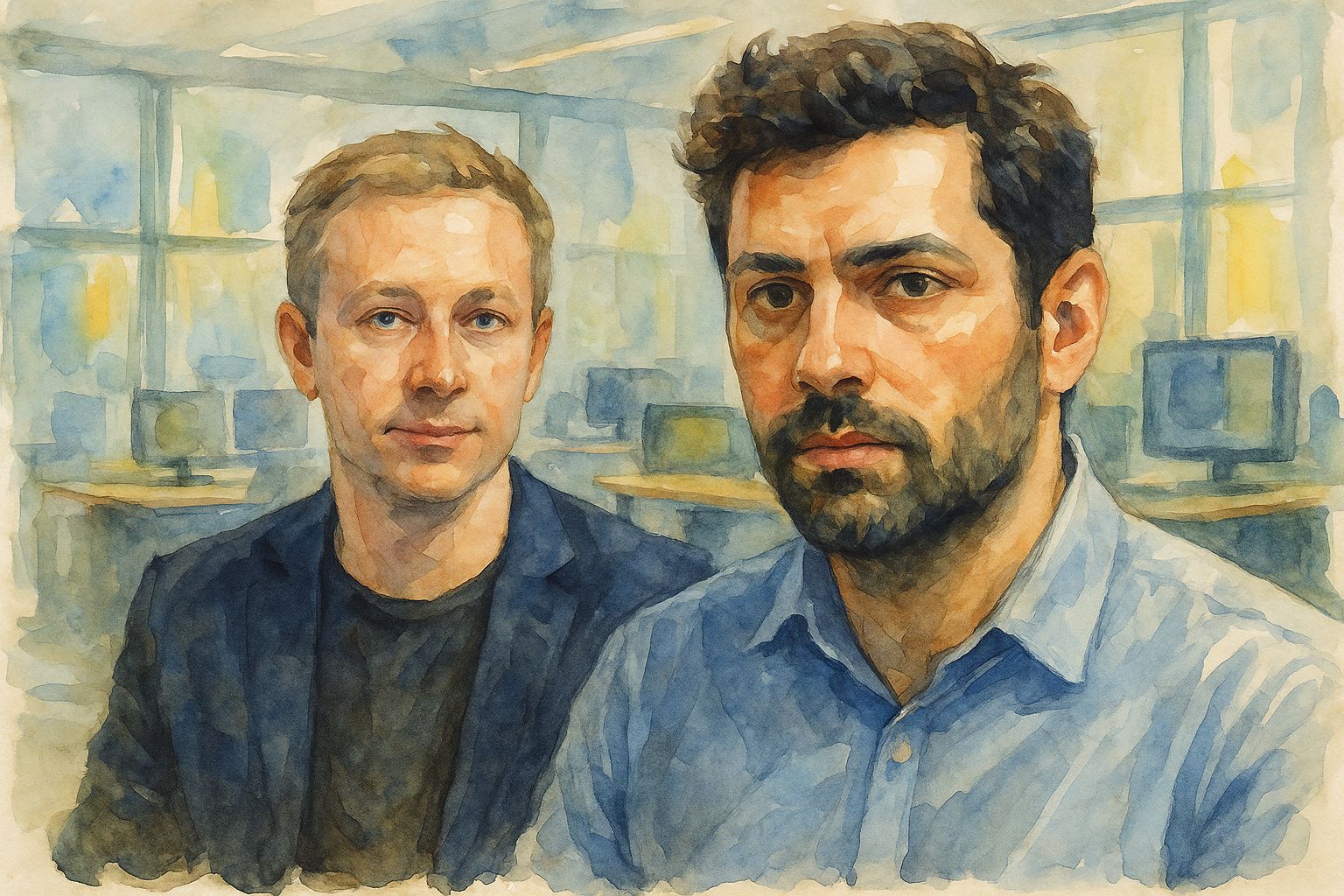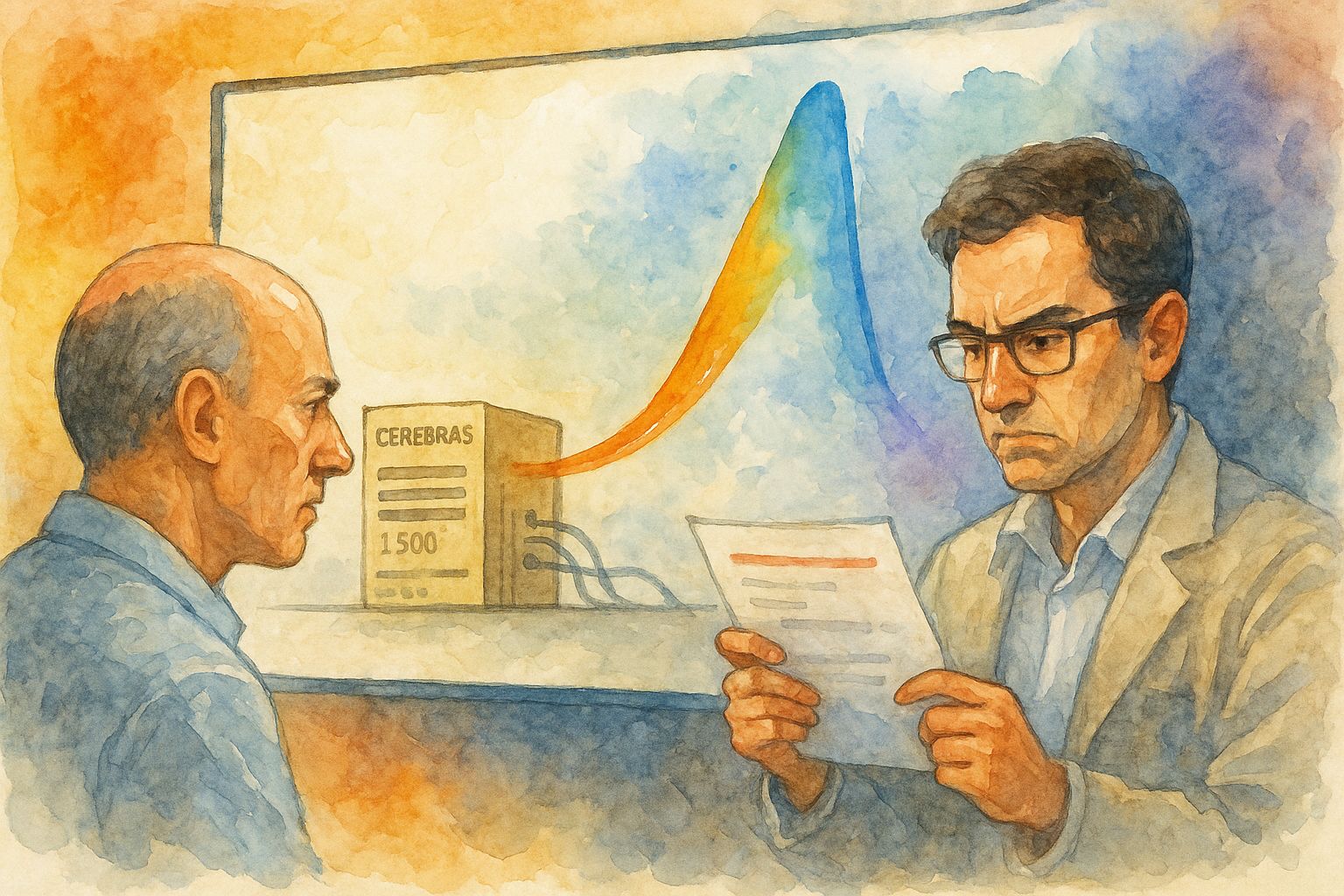- The Recap AI
- Posts
- OpenAI's $30 billion a year data center bill
OpenAI's $30 billion a year data center bill
PLUS: Microsoft poaches 24 DeepMind experts, Proton launches a private chatbot, and Google questions Cerebras's speed
Good morning, AI enthusiast.
OpenAI is making a massive financial bet, reportedly committing $30 billion per year to Oracle for data center capacity. This staggering investment is set to power the company's ambitious 'Stargate' AI supercomputer project.
The annual cost is a massive figure, reportedly triple OpenAI's current revenue, showcasing the scale of the investment. With access to computing power becoming the key differentiator, does this move create an insurmountable barrier for competitors?
In today's AI recap:
OpenAI's colossal $30B data center deal
Microsoft poaches 24 DeepMind experts
Proton launches a private AI chatbot
Google questions Cerebras speed claims
OpenAI's $30B Power Play

The Recap: OpenAI has been revealed as the company making a colossal $30 billion-per-year commitment to Oracle for data center capacity, powering its ambitious 'Stargate' AI supercomputer.
Unpacked:
This deal secures 4.5 gigawatts of power for OpenAI, an amount equivalent to running two Hoover Dams and enough to power roughly four million homes.
The massive annual price tag is triple OpenAI's recently reported $10 billion in annual recurring revenue, showcasing the enormous financial bet the company is making to secure its computational future.
The partnership is a major milestone for Stargate I, the first data center site for the project located in Abilene, Texas, where Oracle has already begun delivering the first Nvidia GB200 racks.
Bottom line: This massive spend underscores the incredible cost required to compete at the frontier of artificial intelligence. Access to immense, dedicated computing power is solidifying as the primary moat for AI leadership.
Microsoft's DeepMind Talent Raid

The Recap: Microsoft is escalating the AI talent war, hiring 24 experts from Google DeepMind to bolster its consumer AI division. The move is a clear signal of Microsoft's ambition to outpace its biggest rival in the race for AI supremacy.
Unpacked:
The hiring spree is being led by Microsoft's AI chief and DeepMind co-founder Mustafa Suleyman, who joined Microsoft in 2024 to build out its consumer AI products.
The most notable hire is Amar Subramanya, the former head of engineering for Google's Gemini chatbot, who now joins Microsoft as a corporate vice president of AI.
This poaching highlights the intense competition for top minds, where specialized engineers and researchers are becoming as valuable as the AI models themselves.
Bottom line: This move shows Microsoft is aggressively acquiring the human capital needed to build and integrate its next generation of AI products directly into its ecosystem. The battle for AI dominance is increasingly being fought over talent, creating both immense opportunities and instability across the tech landscape.
Proton Enters the AI Chat Ring

The Recap: Proton, the company known for its privacy-centric services, has launched Lumo, a new AI chatbot designed to be a private alternative to mainstream options like ChatGPT and Gemini. It promises to summarize documents, generate code, and write emails without logging conversations or using your data for training.
Unpacked:
Lumo protects your data using zero-access encryption for saved chats, meaning only you can read them, and keeps no server-side logs of your conversations.
The chatbot runs on a mix of open-source models, including those from Mistral and Nvidia, which are hosted on Proton's own servers in Europe.
You can access Lumo now on the web or through its iOS and Android apps, which feature a "Ghost mode" for chats that disappear after you close them.
Bottom line: Lumo's launch directly caters to the growing number of users and businesses hesitant to share sensitive data with major AI platforms. Its success could validate the market for privacy-first AI tools that operate outside of Big Tech's data-collection ecosystem.
Where AI Experts Share Their Best Work
Join our Free AI Automation Community
Join our FREE community AI Automation Mastery — where entrepreneurs, AI builders, and AI agency owners share templates, solve problems together, and learn from each other's wins (and mistakes).
What makes our community different:
Real peer support from people building actual AI businesses
Complete access to download our automation library of battle-tested n8n templates
Collaborate and problem-solve with AI experts when you get stuck
Dive into our course materials, collaborate with experienced builders, and turn automation challenges into shared wins. Join here (completely free).
Cerebras Claims Speed, Google Questions a Key Benchmark

The Recap: Cerebras announced it's offering Alibaba's Qwen3-235B model with claims of "instant" reasoning at 30x the speed and 1/10th the cost of alternatives. The launch was quickly met with skepticism from a prominent Google AI researcher who questioned a key performance benchmark.
Unpacked:
Cerebras claims its hardware accelerates the Qwen3 model to over 1,500 tokens per second, cutting reasoning times from minutes to under a second.
Google AI researcher François Chollet publicly noted his team was unable to reproduce one of the model's key benchmark scores, casting doubt on the reported results.
The exchange highlights a growing industry sentiment that official benchmarks should be viewed cautiously, emphasizing the need for real-world testing before commitment.
Bottom line: This clash underscores the increasing pressure on companies to validate their performance claims in a fiercely competitive market. For developers and businesses, it serves as a critical reminder to independently verify AI capabilities beyond marketing announcements.
The Shortlist
OpenAI partnered with the UK government on a strategic plan to accelerate AI adoption, develop infrastructure, and expand its team and footprint in London.
Elon predicted that Tesla's Optimus robot will be capable enough to deliver food directly to customers' cars as early as next year.
Researchers introduced "PhyWorldBench," a comprehensive new benchmark designed to evaluate how well text-to-video models simulate and adhere to the laws of physics.
Lovart showcased a new design agent capable of generating a complete 15-second video advertisement from image inputs, handling the entire workflow from storyboarding to voice and music.
What did you think of today's email?Before you go we’d love to know what you thought of today's newsletter. We read every single message to help improve The Recap experience. |
Signing off,
David, Lucas, Mitchell — The Recap editorial team
